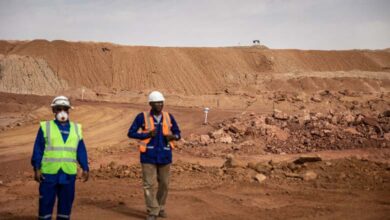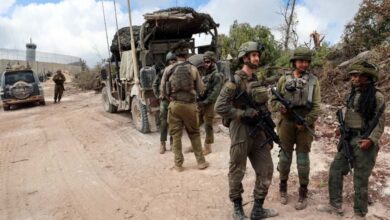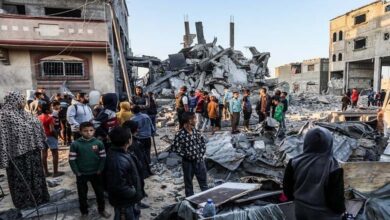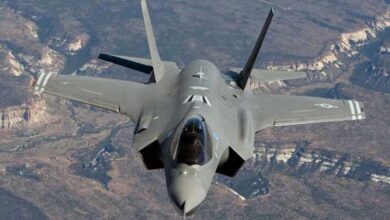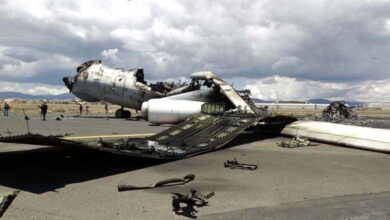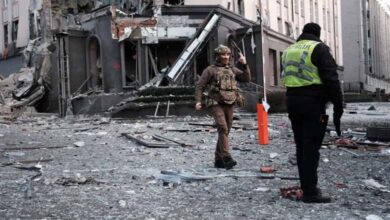How the Gaza War Revitalized Political Islam Movements? A Report Answers
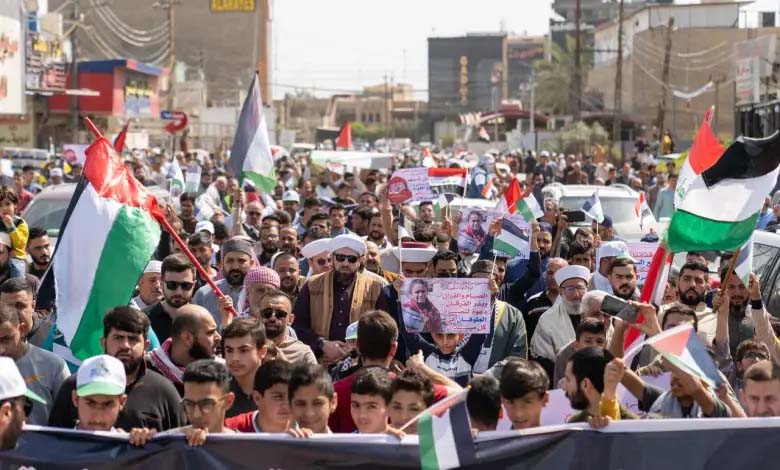
A recent report published by Middle East Online confirms that some political Islamist movements in the Arab region have managed to leverage the war in Gaza and Lebanon to make a political comeback after the failure of their governance experiments and the collapse of their empowerment project supported by Turkey and Western powers.
-
The Muslim Brotherhood congratulates the Islamic Action Front on the results of the parliamentary elections in Jordan
-
Who is behind the Palestinian factions’ rejection of the outcomes of Sharm El-Sheikh?
The report states that the aggression on Gaza and Lebanon breathed new life into these movements, which skillfully play on emotions and exploit the bloodshed and tragedy of events to attract public support. Their influence had waned, and their popular base and political stance had diminished, as seen in countries like Jordan and Morocco.
In Morocco, the Justice and Development Party (PJD) and the Islamic Action Front in Jordan have politically benefited from Operation Al-Aqsa storm carried out by the Palestinian resistance movement (Hamas) on October 7. This operation ignited a war that expanded from Gaza to Lebanon and threatens to widen further to include Iran, Iraq, and Syria, according to the report.
-
To fuel conflict and tensions, why did Palestinian factions reject the outcomes of Sharm El-Sheikh in Egypt?
-
Former Muslim Brotherhood secretary-general sues his party – Details
After an electoral defeat in 2021 that ousted the PJD from government, ending nearly two decades of leadership within a coalition, the party has regained momentum following developments in Gaza. As it prepares to hold its ninth general congress, some members are calling for a review of its religious and political discourse and the introduction of new leadership to keep up with geopolitical shifts.
Abdelilah Benkirane, the former leader of the PJD who faced sharp criticism from senior party leaders, has found an opportunity in the Al-Aqsa Flood events to revitalize his party, just as the Jordanian Islamic Action Front has achieved significant political gains it could not have hoped for under normal circumstances.
-
Spreading of the Extremist Ideology of the Muslim Brotherhood… The Southern Transitional Council Blames Certain Entities
-
Khamenei leaves his hideout, threatening Israel with more attacks
Benkirane, implicitly opposed to renewing party leadership, is working to reclaim political initiative, regain the confidence of supporters, and attract new sympathizers to strengthen the Islamist base.
The report also points out that the aggression against Gaza opened up public spaces for Jordan’s Muslim Brotherhood, who were struggling to maintain their position in Jordan’s volatile political landscape. These groups have managed to reclaim their initiative by appealing to Jordanians’ emotions and bolstering their popular base through support for the resistance.
-
The Muslim Brotherhood holds a meeting with its deputies… What was discussed?
-
Exploiting Religion and the Palestinian Cause: A Scholar Criticizes the Muslim Brotherhood
In Jordan, this wave of sympathy for Gaza allowed the Islamic Action Front, the political wing of the Muslim Brotherhood, to secure one-fifth of the seats in the new parliament, with 32 seats out of 138.
However, for other political Islamist groups in the region, such as Tunisia’s Ennahdha, Algeria’s Movement of Society for Peace, Islamist parties in Libya, and the Muslim Brotherhood in Egypt, developments in the Middle East have not significantly impacted their standing.
-
Will Iran Abandon Its Revenge Against Israel in Exchange for a Gaza Ceasefire?
-
Tunisian Analyst: Ennahdha uses false propaganda and pressures to undermine elections
With the exception of Algeria’s Movement of Society for Peace, which remains a marginal actor under governmental restrictions, Tunisia’s Ennahdha is in a precarious position due to a severe decline in popularity and a lack of public trust in Islamists.
In Egypt, the activity of the Muslim Brotherhood has resurfaced, notably through media arms and social media platforms. The banned organization has focused on harshly criticizing the official stance, demonizing efforts to end the Gaza war, and promoting a narrative claiming the Egyptian regime is either conspiring or failing to do enough to support the Palestinian cause.
-
Alliance of the Muslim Brotherhood, ISIS, and Al-Qaeda to Exploit the Gaza War
-
The Ennahdha Movement exploits Gaza events to return to the streets that rejected It


